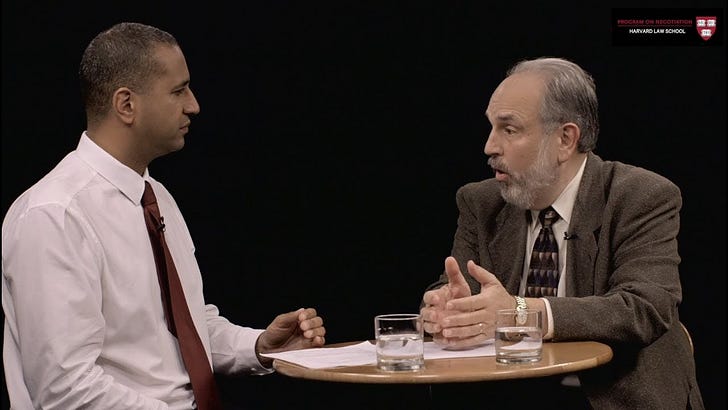Principal-Agent Problems II.
A stylised setup with some diagrams
We continue where we left off last time, pretending to be hardened principals looking to maximise value from power-generating assets, concerned about the possibility of principal-agent problems — and so we want to question what goes on when we delegate the trading of our assets to someone else.
Our overall premise in this series is that the ‘principal-agent’ perspective applied to the energy context will ‘open frames’ for discussion. Before we go on, here’s the usual disclaimer, or spoiler, just in case there’s any doubt.
Everything that follows derives from noticing the relative non-fungibility of power-generating assets as compared to, say, money, and then applying a principal-agent perspective to this observation. In this sense, there is nothing special to see here — and perhaps there never is: all our content is based on openly available data or on simple questions that prompt personal observations informed through analysis of publicly available information.
As wise and hardened principals we know that principal-agent problems arise in contexts involving hedge-funds, mutual-funds, insurance, and so on and so forth. These settings all involve units of money, simple and relatively fungible units of (spending) ‘power’ or ‘capacity’ (to obtain material wants).
If we invest our money with a specific fund then we don’t expect our units of wealth to be treated differently from someone else’s. All adds up to some total Asset-Under-Management (AUM) pool that the fund will work with. Our returns or losses will be proportional to our contribution, like everyone else’s.



